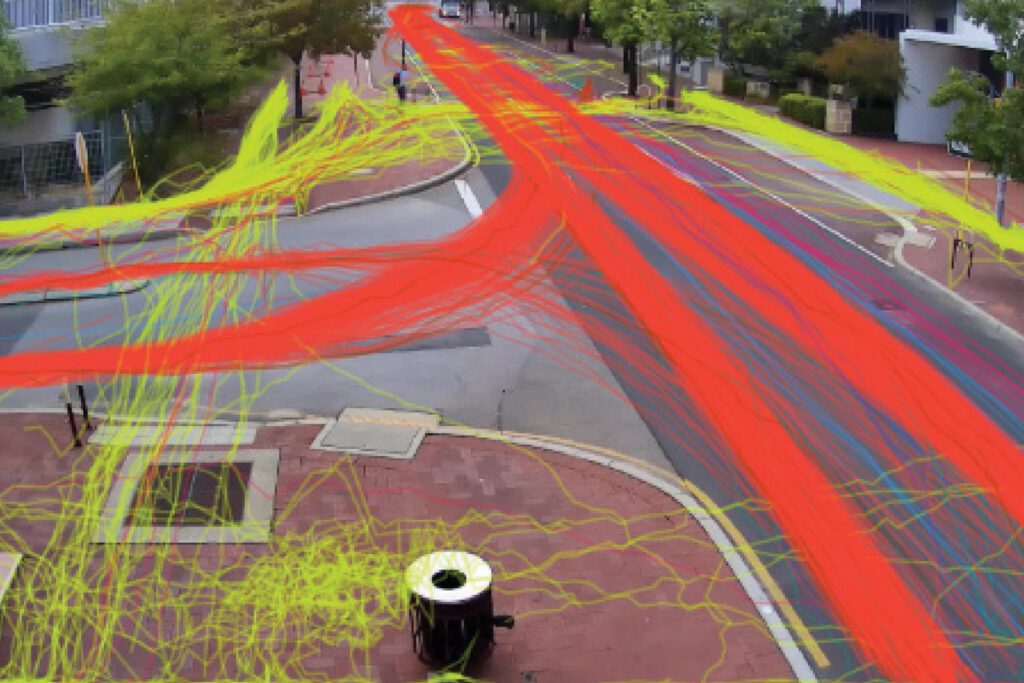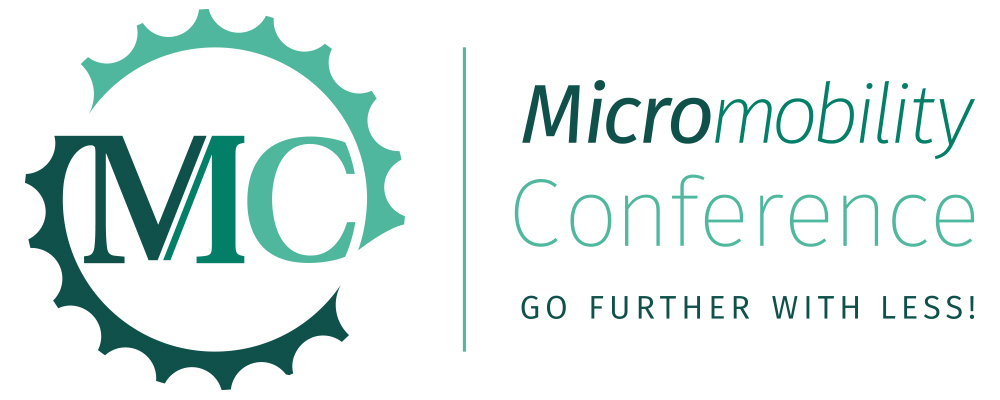Artificial Intelligence Road Surveys (AIRS): Automated surveys to provide insights about interactions involving vulnerable road users

Speaker: Sam Kemp
Scheduled in program: Friday, 25th November 04:30 - 05:00 PM
Spin Cycle in Theme: Making it Right
Advocacy organisation Bicycle Network and UK technology company VivaCity Labs present an artificial intelligence survey method offering insights to how vulnerable road-users interact with traffic, to inform decision makers with infrastructure monitoring and planning.
The success of active travel schemes relies on a robust understanding of how they are performing, and how they are likely to continue functioning as user numbers grow and travel behaviours change. Poorly monitored and managed schemes not only create immediate safety issues, they can lead to the removal of costly active transport infrastructure being removed and mothballing of important new schemes.
Object recognition and modelling using artificial intelligence (AI) is giving urban planners, traffic planners and active transport managers critical insight to the types and volumes of users, and and understanding of how they behave and respond to each other and their changing environment. This information is available in real-time and with exceptional accuracy.
Bicycle Network’s Artificial Intelligence Road Surveys (AIRS) methodology, in collaboration with VivaCity Labs, is providing continuous, anonymised collection of behavioural data and hyper-accurate classified counts on all road user classes, including vehicles, pedestrians, cyclists and other micromobility modes. A variety of results can be analysed, including road-user volumes, path tracing and user speeds.
In 2021, Bicycle Network and VivaCity partnered with City of Port Phillip in Melbourne’s inner south-east to examine several priority intersections along the area's connected bicycle routes. Eleven VivaCity AI-driven sensors are permanently installed and collecting continuous data, with a plan to install more in the future.
In February 2022, an e-scooter share scheme introduced 1,500 e-scooters to the City of Port Phillip's transport network. City planners are gaining critical insights to behaviours, traffic flow and locations of potential conflict between bike riders, micromobility users and pedestrians, road vehicles, and other road users. The information will inform future decisions to improve safety on these roads.
AIRS has been successfully used in collaborative projects with Bundaberg Regional Council, City of Yarra, Department of Transport (Victoria) and City of Melbourne, with an expanding network of local governments and transport groups benefitting from the rich data attained through these survey methods.

